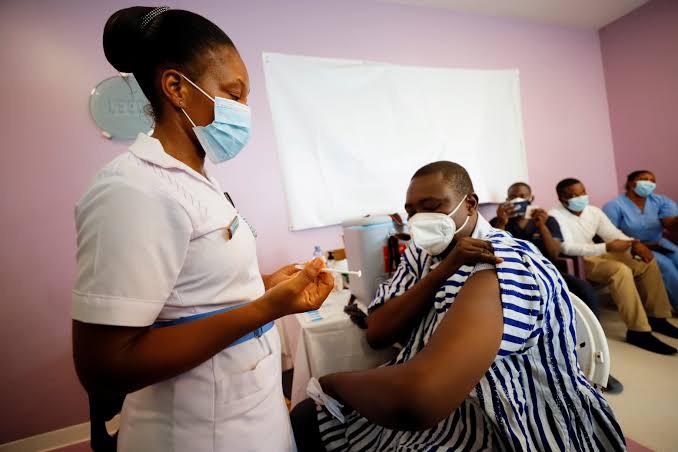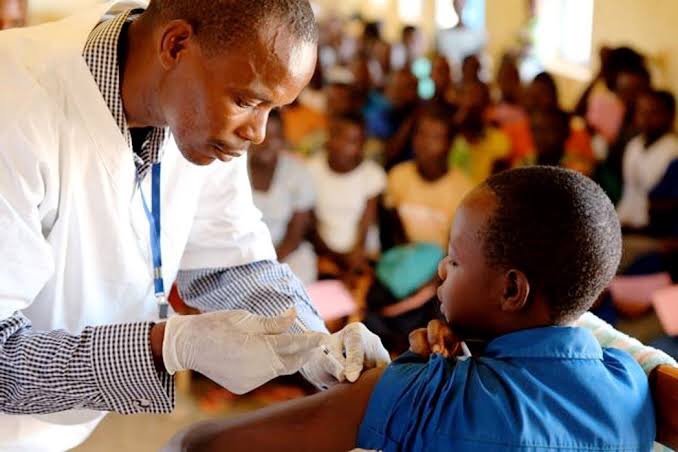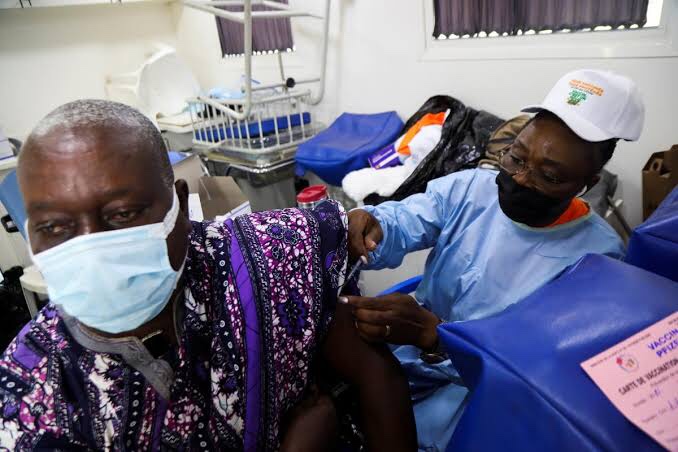Vaccination is a simple, safe, and efficacious way of safeguarding people against dangerous diseases, before they come into contact with them. This involves the administration of vaccines to aid the immune system develop stronger and better immunity against diseases.

The basis for vaccination began in 1796 by an English doctor Edward Jenner.
Jenner first attempted his vaccine experiment when there was a cowpox breakout, he knew about variolation and believed that exposure to cowpox could be used to protect against smallpox.
The terms vaccine and vaccination are derived from Variolae vaccinae (smallpox of the cow), by Edward Jenner (who both developed the concept of vaccines and created the first vaccine) to denote cowpox

Vaccines are classified based on different factors. Based on how they act vaccines can be group into two types;
Live-attenuated vaccines: The live, attenuated viral vaccines currently available and routinely recommended in the United States are MMR, varicella rotavirus, influenza, (intranasal). Other non-routinely recommended live vaccines include adenovirus vaccine (used by the military), typhoid vaccine (Ty21a), and Bacille Calmette-Guerin (BCG).

Inactivated vaccines: Inactivated vaccines include whole-cell inactivated vaccines (e.g Polio, Hepatitis A and Rabies vaccine), subunit vaccines (e.g., influenza and pneumococcal vaccines), toxoids (e.g., diphtheria and tetanus toxoid), and recombinant vaccines (e.g., hepatitis B, human papillomavirus [HPV], and influenza
Importance of Vaccination
Herd Immunity: When a large percentage of a population is vaccinated against a disease, it creates a form of indirect protection for those who cannot be vaccinated, such as individuals with certain medical conditions or weakened immune systems. This is known as herd immunity. It helps prevent the spread of diseases within a community.
How Nigeria’s Fuel Subsidy Removal, FX Unification Can Translate To Economic Growth
Prevents Outbreaks: Vaccines help to prevent outbreaks of diseases. When a significant portion of the population is immunized, the likelihood of an infected individual coming into contact with a susceptible person is greatly reduced. This slows down or even halts the transmission of the disease.
Reduces Disease Transmission: Vaccination not only protects individuals who receive the vaccine but also reduces the overall transmission of the disease within the community. This protects vulnerable populations, including infants, elderly individuals, and those with compromised immune systems.
Saves Lives: Vaccines have played a significant role in reducing mortality rates from many infectious diseases. For example, diseases like smallpox have been completely eradicated due to widespread vaccination efforts.
Saves Healthcare Resources: Preventing diseases through vaccination reduces the burden on healthcare systems. Fewer cases of preventable diseases mean fewer hospitalizations, doctor visits, and medical expenses associated with treating these illnesses.
Supports Economic Productivity: When a population is healthier, it can be more productive. Parents miss fewer workdays due to caring for sick children, and children miss fewer school days, which can lead to higher educational attainment and future productivity.
Global Health Security: In a highly interconnected world, diseases can spread across borders quickly. Widespread vaccination efforts not only protect local populations but also contribute to global health security by preventing the spread of diseases internationally.
Vaccination is key and should be of utmost importance in every society as it is a powerful tool in fighting against categories of diseases as to maintain the well-being of people , and that is why the public health sector invest heavily yearly in sensitizing the world of its necessity and against its trauma.



